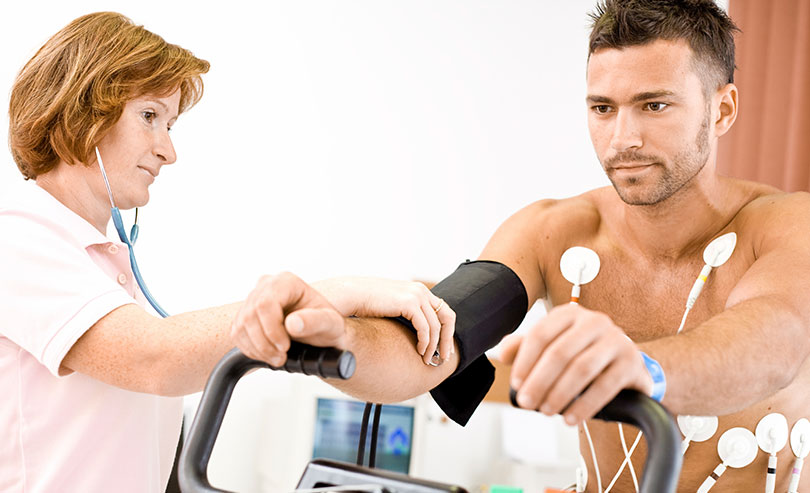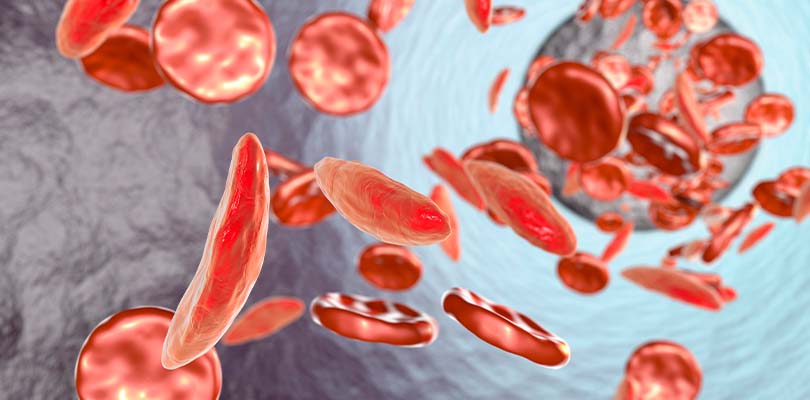
Photo Credit: humonia / istockphoto.com
8. Hypnosis
When you live with asthma, you may become conditioned to the early warning signs of an attack – and begin to react before there’s a real danger. The first hint of shallow or constricted breathing could make you subconsciously begin to breathe more rapidly, grow anxious, and start to hyperventilate. Hypnosis taps into your subconscious mind, helping you to alter your expectations of asthma symptoms and bring your breathing back to a slow, steady rate. Visit a professional psychotherapist to learn the technique, but the ultimate goal is self-hypnosis, when you can practice at home or wherever and whenever your asthma begins to act up.
While there are some medications that help asthma, there are also medications to avoid with asthma. Find out about medications that trigger asthma symptoms.







